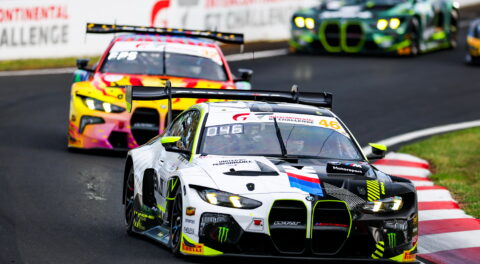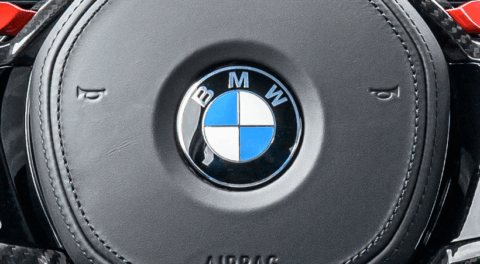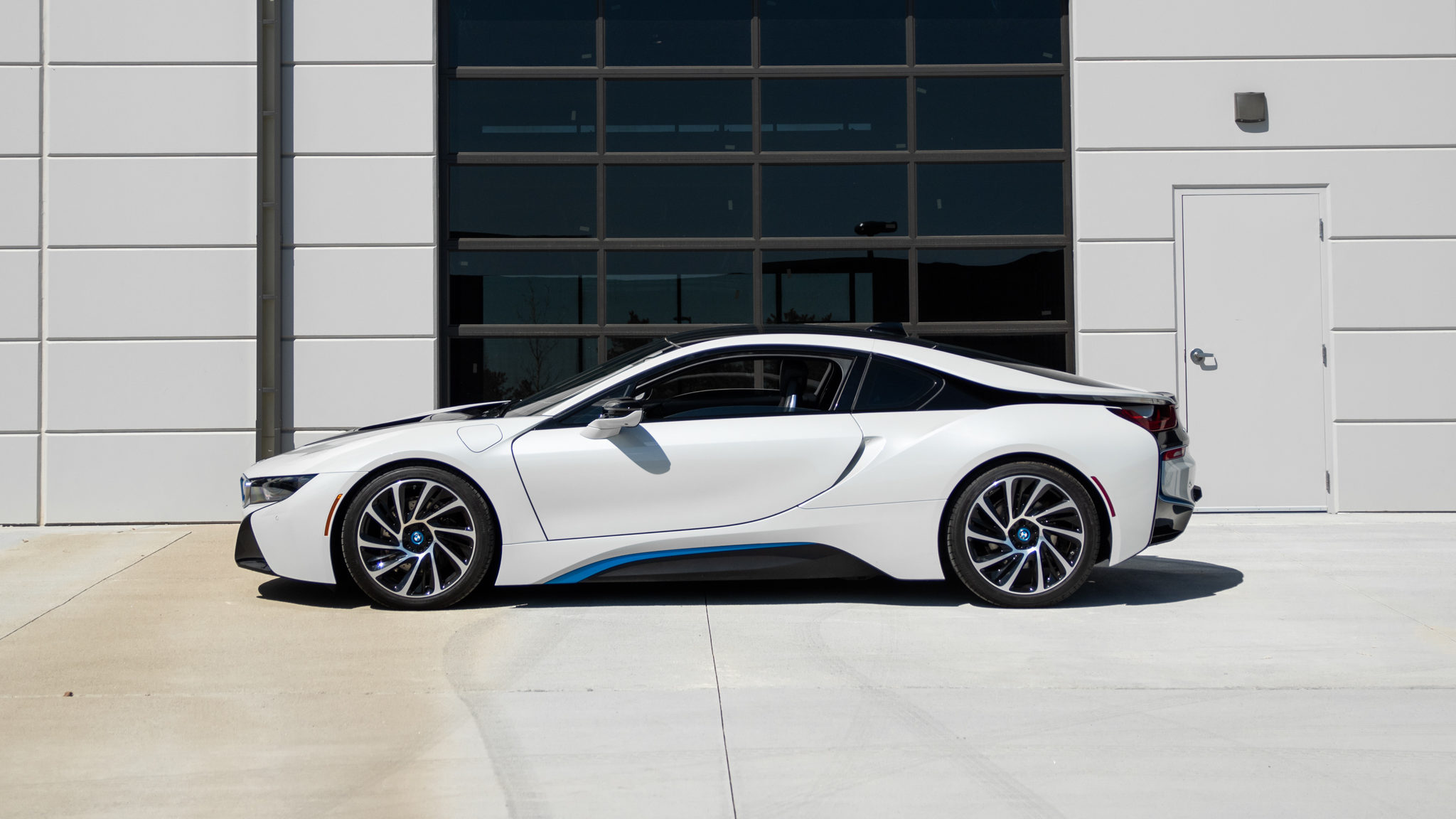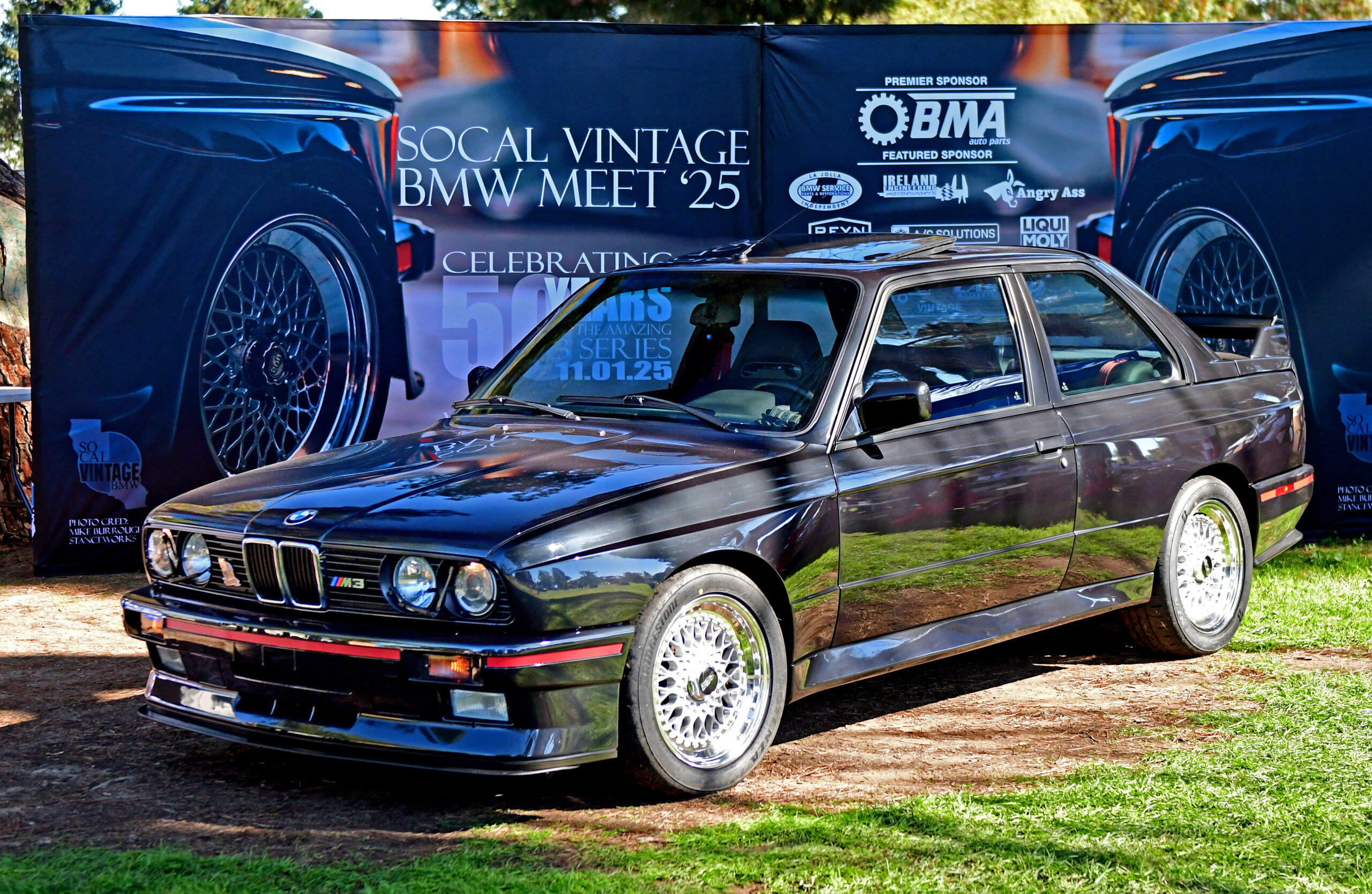It has been four years since BMW introduced the N63 customer care package (CCP) in response to an increasing number of complaints related to the twin-turbo, direct-injected V8’s propensity to burn oil. The service bulletin—do not call it a recall within earshot of BMW—was sweeping in its levels of diagnosis, treatment and escalation, and could even include an engine replacement if a vehicle met a rather long list of qualifications and criteria. Still though, some owners of N63-powered BMWs were not satisfied with the solution, and a class action lawsuit was launched a few years ago.
Like anything BMW related, we’ve been following developments as they’ve come, and have been waiting for a settlement once news arrived that one was on the horizon earlier this year. Now, in addition to the CCP which remains available for owners to take advantage of if they haven’t, the settlement of Bang v. BMW offers further compensation, in the form of reimbursement for trouble such as excess oil services, replacement batteries, towing, rental, repair and roadside services.
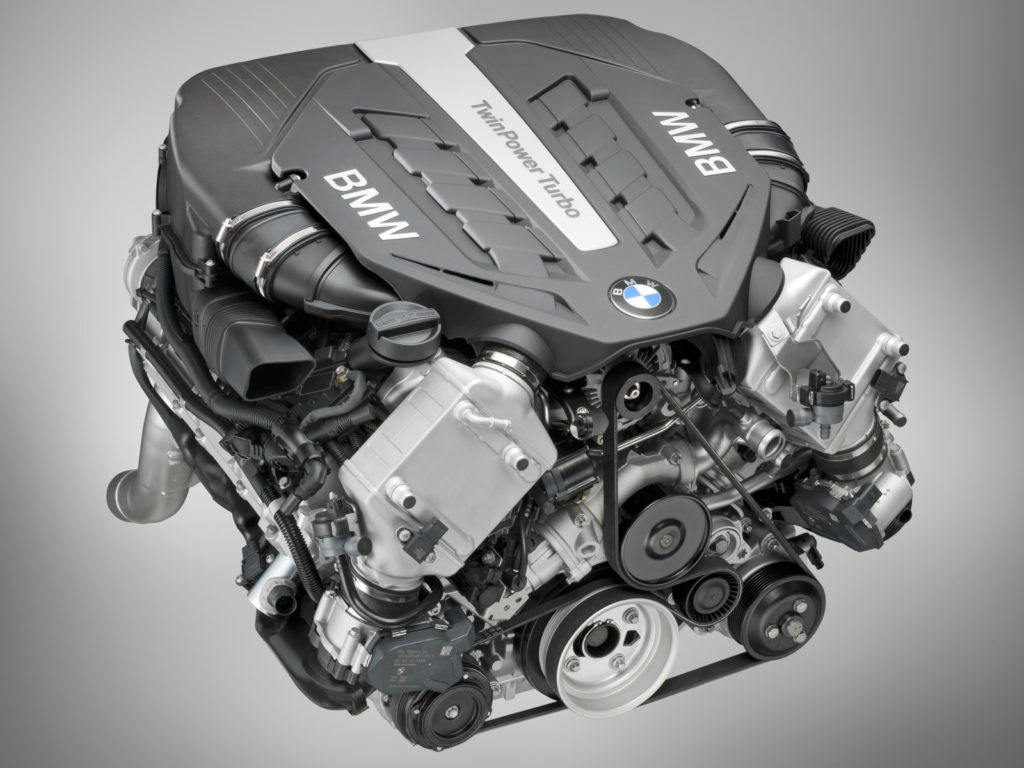
The N63 CCP, described specifically within SI B11 06 14, is intended to rid a customer’s engine of oil consumption and prematurely failing batteries through a few different remedies. The underlying design issues that cause early N63 engines to suffer from these issues are outlined nicely in an article by Road & Track, along with another by parts house eEuroparts. In short, the innovative hot-vee design, which involves mounting the turbochargers and exhaust manifold within the valley created by the cylinder banks, lends itself to excess heat near the cylinder heads, which prematurely hardens and causes excesses wear on the valve seals. Moreover, software designed to keep water pumps and fans circulating and running long after engine shutdown began to greatly shorten the life of expensive (sometimes AGM) batteries, requiring replacement sooner than the expected service interval.
The published remedy for all of this includes oil consumption testing, which BMW will perform up to three times under the CCP. This testing is targeted at pinpointing the specific cause of why the low oil light is illuminating before the oil service interval prompt comes up. As with other stipulations and services covered under the package, the procedures will only lead to repairs being covered and performed if the vehicle is less than ten years from its initial in-service date, or with fewer than 120,000 miles on the odometer. Current owners and lessees can also receive up three free oil services (a $75 value per) during this period. Replacement 105- and 90-Ah batteries are also available. 105-Ah versions will be fitted in place of 90-Ah units if the vehicle can accept the increased size. If either type fails within two years of installation, it’s eligible for replacement at the dealer. Things can be escalated to engine replacement, but only after two oil consumption tests have demonstrated such, and subsequent repairs have failed to solve the recurring loss of oil. A new long block will be provided to customers, but depending on mileage, the owner will need to pay a graduated percentage of cost. For vehicles with 50,000 to 60,000 miles on them, owners are on the hook for 5%, from 70,000 to 80,000, the share jumps to 30%. For high milers with over 100,000 on the odometer, BMW will only pay 25%. New vehicle vouchers are also available for affected customers, in the amount of up to $1,500 for a six or 7 Series, or $1,000 for another model.
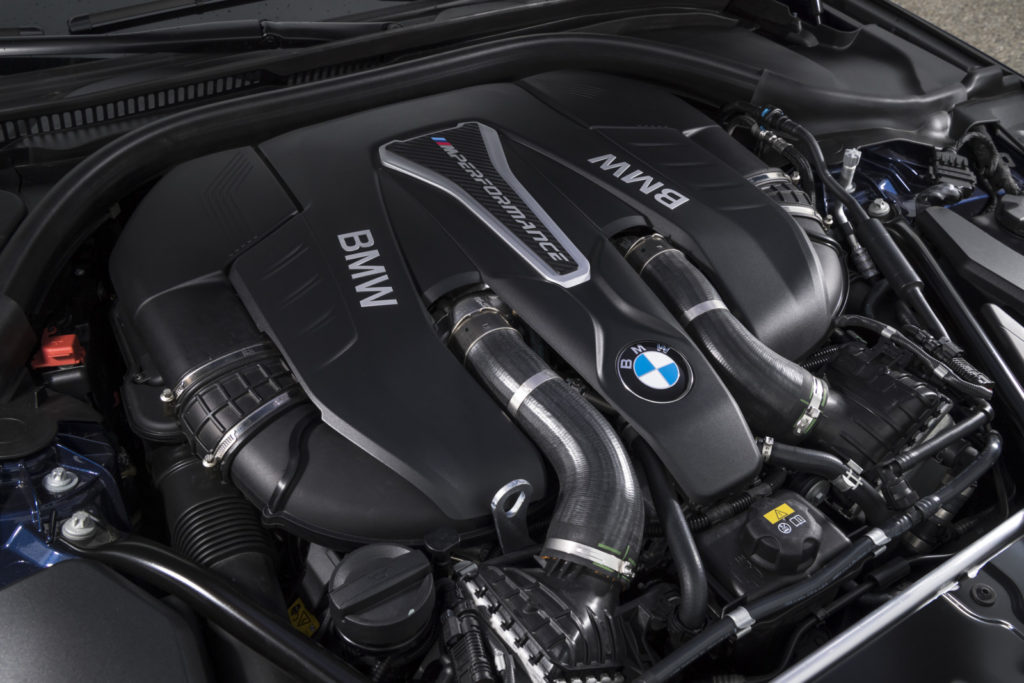
When it comes to the lawsuit, a bit of ground has been gained. Expenses for up to three oil services performed within a 12-month or 10,500-mile window are eligible for reimbursement, and the same goes for batteries (both 105-Ah and 90-Ah) which had to be replaced within three years of installation, outside of the factory four-year/50,000 mile warranty. Finally, reimbursement in the amount of up to $50 can be awarded if towing, rental or roadside assistance was used in the wake of a problem relating to an oil consumption or early battery failure, so long as the vehicle in question was taken to a BMW Center or third-party repair facility. As you might expect, good documentation to support and validate claims is necessary. Affected vehicles were offered for the 2009 through 2014 model years, in the form of the 5 Series, 6 Series and 7 Series, along with the X5 and X6. Interested parties read the fine print here.
Interestingly enough, even with these problems, BMW has continued manufacturing the N63 and derivative S63, albeit in versions that have been refined and updated through the years. It sounds like many of the early issues are behind us at this point, but it’s nonetheless interesting to see the details of how BMW has managed to keep the once revolutionary and still highly potent V8 current. —Alex Tock
[Photos courtesy BMW AG.]


